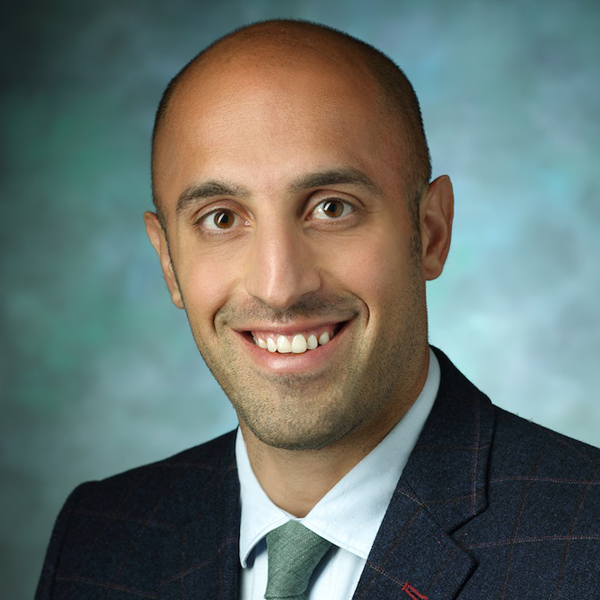Takeaway
Feedback is the key to improvement of any craft. No one is born an expert. It is earned through deliberate practice and an incessant thirst for progress.

Lifelong learning in clinical excellence | February 25, 2018 | 1 min read
By Reza Manesh, MD, Johns Hopkins University School of Medicine
Gurpreet Dhaliwal, MD, is a clinician-educator and Professor of Medicine at the University of California, San Francisco, whose academic interests include the study of diagnostic expertise. Dr. Dhaliwal’s article, Inpatient Notes: Diagnostic Excellence Starts With an Incessant Watch, is a must read for physicians, young and old, motivated to improve their diagnostic skills.
The critical role of feedback
Dr. Dhaliwal highlights the critical role feedback plays in improvement of any skill by referencing two books: Superforecasting: The Art and Science of Prediction, by Philip Tetlok, and Peak: Secrets from the New Science of Expertise, by Anders Ericsson. Dhaliwal notes the lack of a standardized feedback model to improve diagnostic performance. He argues that while experience is guaranteed to all physicians with the passage of time, enhancement of diagnostic acumen is not. The most important ingredient for the latter is refinement through feedback.
Understand why diagnostic error occurred to refine skills
Dhaliwal highlights in a table specific steps and examples that clinicians can use to improve their diagnostic prowess. He concedes that his ability at making accurate predictions about CAD, after 19 years of practice without a feedback model, would be inferior to a younger clinician who followed up the outcome of every “rule out MI” case for three years. Dhaliwal stresses that clinicians should not be demoralized or defensive when a diagnostic error is identified through feedback, but rather understand why it occurred and refine their skill for subsequent patient encounters.
No one is born an expert
Feedback is the key to improvement of any craft. No one is born an expert. It is earned through deliberate practice and an incessant thirst for progress. Dhaliwal hits the nail on the head by highlighting the importance of feedback in enhancement of diagnostic performance. The patient should serve as your impetus for seeking such improvement.

